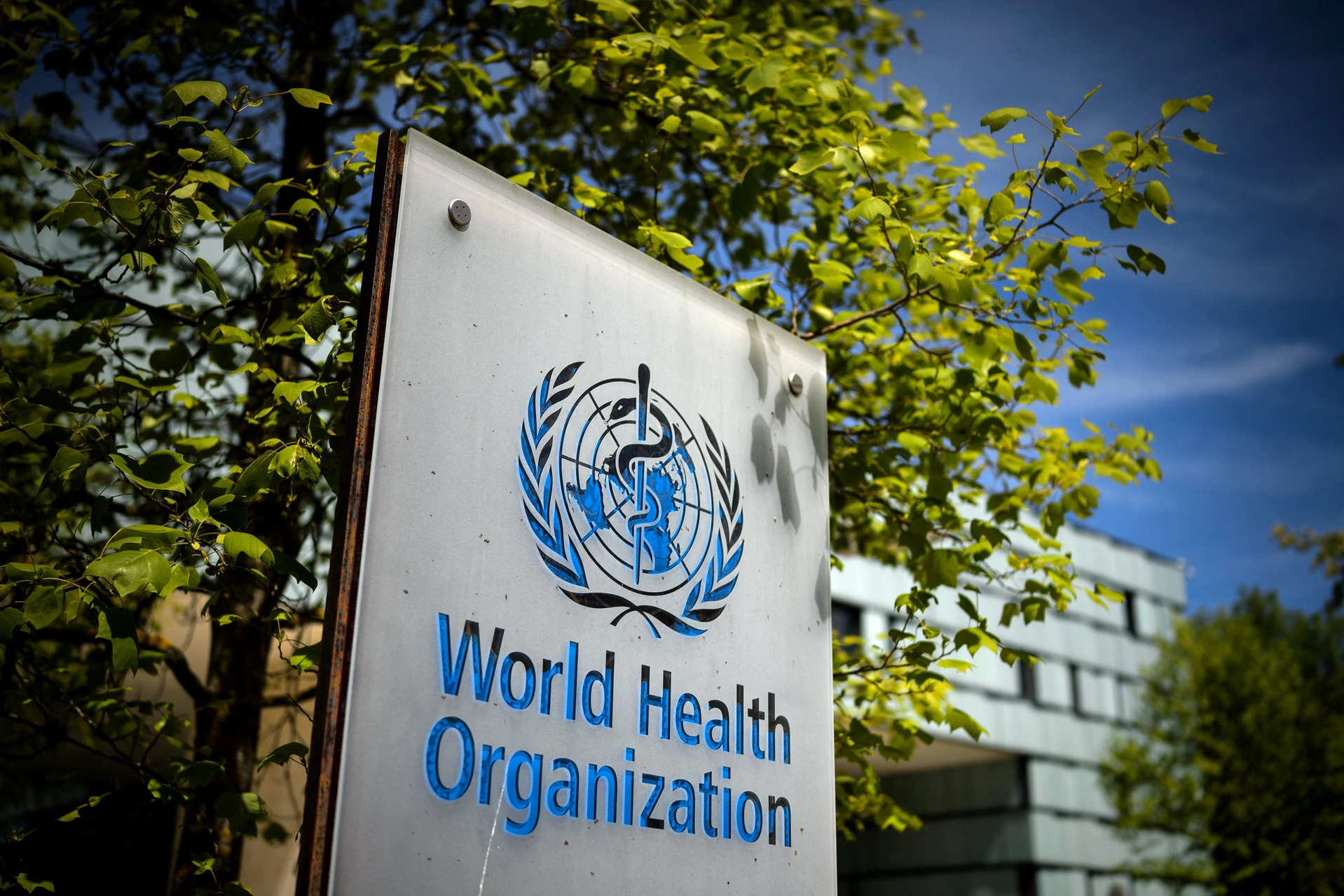Fitch downgrades the Maldives' Long-Term Foreign-Currency Issuer Default Rating (IDR) to 'CCC' from 'B'.
The credit rate drop comes following the decreased amount of foreign currency, a weakened economy, and an increase in debt with the ongoing covid-19 pandemic. This is the second time this year Fitch has dropped the Maldives credit rate. First, it was in April where Fitch dropped the Maldives credit rate from a B+ to B.
The statement issued by Fitch reads that even though the authorities have succeeded in securing new external financing, but foreign-currency buffers remain low, and it will be difficult for the Maldives to generate foreign-exchange inflows without normalization of tourist activity.
Fitch expects the Maldives economy to contract by 30.0% in 2020, one of the sharpest drops in economic activity globally and much more severe than the economic downturns of the 2009 global financial crisis (-6.6%) and the 2004 tsunami (-13.4%). Fitch's forecast of a rebound by 16.0% in 2021 and 20.0% in 2022 largely reflects a low-base effect and is subject to downside risks related to the recovery in tourism demand, in particular from Europe, which is the domicile of nearly half of all tourists who visited the Maldives in 2019.
The statement released by the Finance Ministry regarding the credit rating downgrade of Maldives by Fitch ratings reads that the Maldives has never defaulted debt obligations so far, and this is a distinction that is planned to hold into the future. The statement further gives the assurance that the sovereign bonds are paid fully and on time.
In the statement, the Finance Ministry highlighted the fact that there has been an increase in the number of tourist arrivals since the border reopened on the 15th of July.
“From under 2,000 arrivals in July, the arrivals have increased to 21,000 visitors in October. We are adding additional flights and the government has been successful in easing travel restrictions for many important tourism markets. Over 100 resorts are currently operational. We are confident that this momentum can be continued as we enter our traditional peak season and beyond.”
As Fitch notes, the economic outlook has been downgraded in the months since their latest rating action in March. These changes are reflected in the government’s assessment of the economic impact, as updated throughout the year. However, the Finance Ministry states that the uncertainty regarding liquidity management and budget financing has come down to a great extent since March.
Although the Fitch Ratings said that the Maldivian economy was one of the hardest hit due to the pandemic, the Finance Ministry gives assurance on the government's success in narrowing the financing gap, through bilateral and multilateral sources including the Government of India, Government of Japan, Asian Development Bank, World Bank Group, Islamic Development Bank Group, European Investment Bank, Asian Infrastructure Investment Bank, OPEC Fund for International Development, International Monetary Fund, among others, with others yet in the pipeline.
The credit rate drop comes following the decreased amount of foreign currency, a weakened economy, and an increase in debt with the ongoing covid-19 pandemic. This is the second time this year Fitch has dropped the Maldives credit rate. First, it was in April where Fitch dropped the Maldives credit rate from a B+ to B.
The statement issued by Fitch reads that even though the authorities have succeeded in securing new external financing, but foreign-currency buffers remain low, and it will be difficult for the Maldives to generate foreign-exchange inflows without normalization of tourist activity.
Fitch expects the Maldives economy to contract by 30.0% in 2020, one of the sharpest drops in economic activity globally and much more severe than the economic downturns of the 2009 global financial crisis (-6.6%) and the 2004 tsunami (-13.4%). Fitch's forecast of a rebound by 16.0% in 2021 and 20.0% in 2022 largely reflects a low-base effect and is subject to downside risks related to the recovery in tourism demand, in particular from Europe, which is the domicile of nearly half of all tourists who visited the Maldives in 2019.
The statement released by the Finance Ministry regarding the credit rating downgrade of Maldives by Fitch ratings reads that the Maldives has never defaulted debt obligations so far, and this is a distinction that is planned to hold into the future. The statement further gives the assurance that the sovereign bonds are paid fully and on time.
In the statement, the Finance Ministry highlighted the fact that there has been an increase in the number of tourist arrivals since the border reopened on the 15th of July.
“From under 2,000 arrivals in July, the arrivals have increased to 21,000 visitors in October. We are adding additional flights and the government has been successful in easing travel restrictions for many important tourism markets. Over 100 resorts are currently operational. We are confident that this momentum can be continued as we enter our traditional peak season and beyond.”
As Fitch notes, the economic outlook has been downgraded in the months since their latest rating action in March. These changes are reflected in the government’s assessment of the economic impact, as updated throughout the year. However, the Finance Ministry states that the uncertainty regarding liquidity management and budget financing has come down to a great extent since March.
Although the Fitch Ratings said that the Maldivian economy was one of the hardest hit due to the pandemic, the Finance Ministry gives assurance on the government's success in narrowing the financing gap, through bilateral and multilateral sources including the Government of India, Government of Japan, Asian Development Bank, World Bank Group, Islamic Development Bank Group, European Investment Bank, Asian Infrastructure Investment Bank, OPEC Fund for International Development, International Monetary Fund, among others, with others yet in the pipeline.















